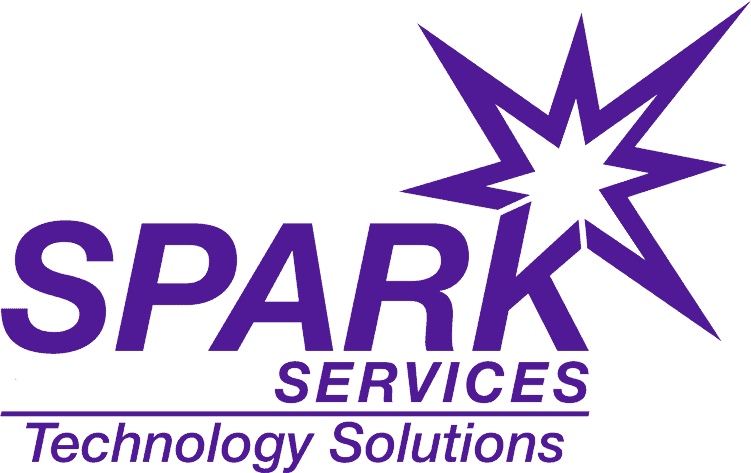Digital technology has revolutionized the workplace both in terms of systems used as well as daily operations. The past two decades has seen VoIP (Voice over IP) emerge as a replacement to PSTN (Public Switched Telephone Network). An increasing number of businesses are opting for VoIP to communicate with their customers and suppliers.
With VoIP, you can make a call directly from any device, be it a mobile, a computer, or a traditional phone connected to a special adapter.
How does VoIP work?
Well, in the event of a call, a VoIP service breaks down the voice into digital signals. These signals travel across the internet as data. Once the signals reach their destination, they are repackaged and the receiver can hear the speaker’s voice. Onsite solutions or cloud-based systems are also capable of delivering VoIP messages.
With the path-breaking changes in the broadband industry, VoIP has now evolved to provide perfect call quality. VoIP offers several benefits including easy installation, enhanced performance, and trouble-free migration. VoIP also helps make businesses more goal-oriented, collaborative, and communicative by offering a completely synthesized communications platform.
There are multiple ways in which VoIP service can be deployed to be accessible to all businesses. A cloud-based platform, better known as hosted VoIP or hosted PBX can be used as an alternative to onsite VoIP installation. Hosted VoIP is deployed outside of an organization and businesses subscribe to another company’s data center to maintain phone system software.
If, however, a business has a legacy system, the VoIP can be deployed onsite. The implication is that the installation of software on company servers and control of the system is kept in-house.
There also exists the option to use VoIP service along with a legacy telephone system. In this case, businesses use a VoIP cloud-based solution but make calls with existing telephone hardware. The advantage here is those old systems can be repurposed without the need to install in-house hardware or software.
Extensive Extra Features
Most businesses do not fully understand all the advantages and additional features that are included in a VoIP service. VoIP systems enable the business to connect various devices to keep the businesses’ productivity high. The services typically include features like contact lists, caller ID, voicemail, virtual numbers, etc., but these features can all be used in more sophisticated ways to advance operational efficiency.
For instance, messages and voicemails can be forwarded to multiple colleagues with a single click, and voicemail to text transcriptions can be sent directly to your inbox so that they can be reviewed while on the go. Most features are included in various provider packages and, due to the flexible nature of this service, custom VoIP, services can be designed based on the innovative needs of your business.
One of our favorite benefits of VoIP at SPARK Services is that IP phones are incredibly easy to install, even for less technically savvy people. There is no need to have expert professionals running phone wiring throughout your office. Instead, IP phones are virtually plug-and-play. Hosted VoIP software also makes it incredibly simple to add new users, and the web portal makes moving, adding, or changing the configuration of the system much easier. All of this simply means that maintenance is straightforward and rarely requires professional support.
Scalability
Highly efficient business systems scale with the needs of the business, but traditional phone systems are far more difficult to scale. Scalability is one of the advantages of VoIP that supports businesses’ efficiency and productivity while remaining highly cost-effective at the same time. These systems allow you to add a line as you hire a new employee and eliminate lines in case of downsizing. Thus, pay for what you need.
It is but a matter of time before superfast mobile internet becomes easy on the pockets. Thanks to the 5G network entering the mainstream, the day is not far when mobile technology will become even more affordable. It is safe to say that in such a scenario, businesses will increasingly resort to the use of app-based virtual numbers for conferencing, calls, and team meetings. Not only will there be an increase in the use of mobile unified communication but Artificial Intelligence (AI) is also likely to radically change customer experiences.
With virtual assistants like Amazon’s Alexa and Apple’s Siri becoming an essential part of many customers’ lives, AI is bound to enhance the efficiency of call centers. This is possible because AI can help call centers work on automated tasks in the background and quickly answer common questions.
At SPARK Services, we help you switch to a VoIP system, hassle-free. Watch your business expand and grow as our team of professionals help you move over to a cost-effective and reliable solution.
Share this:
- Click to share on Facebook (Opens in new window) Facebook
- Click to share on X (Opens in new window) X
- Click to share on LinkedIn (Opens in new window) LinkedIn
- Click to share on Reddit (Opens in new window) Reddit
- Click to share on Pinterest (Opens in new window) Pinterest
- Click to print (Opens in new window) Print




